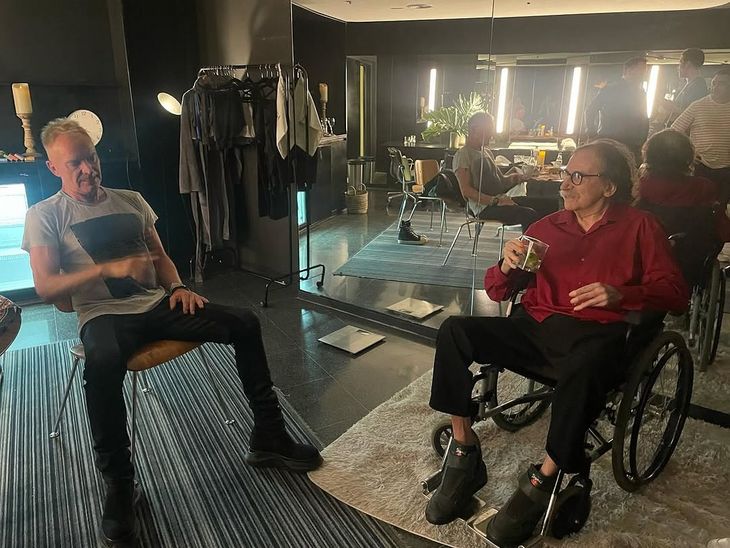It is one of the worst massacres in Ethiopia in about two years. Armed perpetrators shoot dead more than 100 people in villages. The government blames a rebel group.
After the massacre of more than 100 civilians in the Oromia region, Ethiopian Prime Minister Abiy Ahmed announced “zero tolerance” towards those responsible. He called the act terror.
Restoring security and peace is his government’s top priority, said Abiy, who was awarded the Nobel Peace Prize in 2019.
On Saturday, the attacks took place near the town of Gimbi and in several surrounding villages. According to eyewitnesses, they were primarily aimed at members of the Amharic ethnic group. Eyewitnesses had reported that more than 100 people had been shot dead by the armed perpetrators. “The government does not seem willing or ready to end this violence once and for all,” the main Amhara opposition group said on Monday.
Oromo Liberation Army rebel group responsible
A resident of an affected town told the German Press Agency that he had even heard of around 300 dead bodies that had been recovered. Many people hid in the surrounding forests for fear of subsequent attacks, another eyewitness reported to the dpa. In the attack, mainly women, children and the elderly were shot.
The regional government blamed the rebel group Oromo Liberation Army (OLA). A spokesman for the group denied that the rebels carried out the attack. The OLA is a splinter group of the political party Oromo Liberation Front and demands more autonomy and self-determination for the Oromo people.
With around 35 million people, the Oromo form the largest ethnic group in the country on the Horn of Africa. However, it has been the Amharic minority that has been politically dominant in Ethiopia since the 19th century.
Ethiopia has long been an anchor of stability in the region
With almost 115 million inhabitants, the multi-ethnic state of Ethiopia is the country with the second largest population in Africa. The country on the Horn of Africa was long regarded as the region’s anchor of stability, but has been increasingly torn apart by ethnic conflicts in recent years.
Just a year after Abiy received the Nobel Prize for the peace process with neighboring Eritrea, which had been at war for years, internal conflicts between the ethnic groups had increased. In November 2020, the Ethiopian government had sent troops into the Tigray region in northern Ethiopia and against the Tigray Liberation Front, which rules there.
Since then, a civil war has developed there, in which human rights organizations accuse both sides of war crimes and ethnic cleansing. The Oromo Liberation Army has allied itself with the Tigray Liberation Front. Both pursue the goal of more autonomy for their respective ethnic groups.
Source: Stern
David William is a talented author who has made a name for himself in the world of writing. He is a professional author who writes on a wide range of topics, from general interest to opinion news. David is currently working as a writer at 24 hours worlds where he brings his unique perspective and in-depth research to his articles, making them both informative and engaging.




